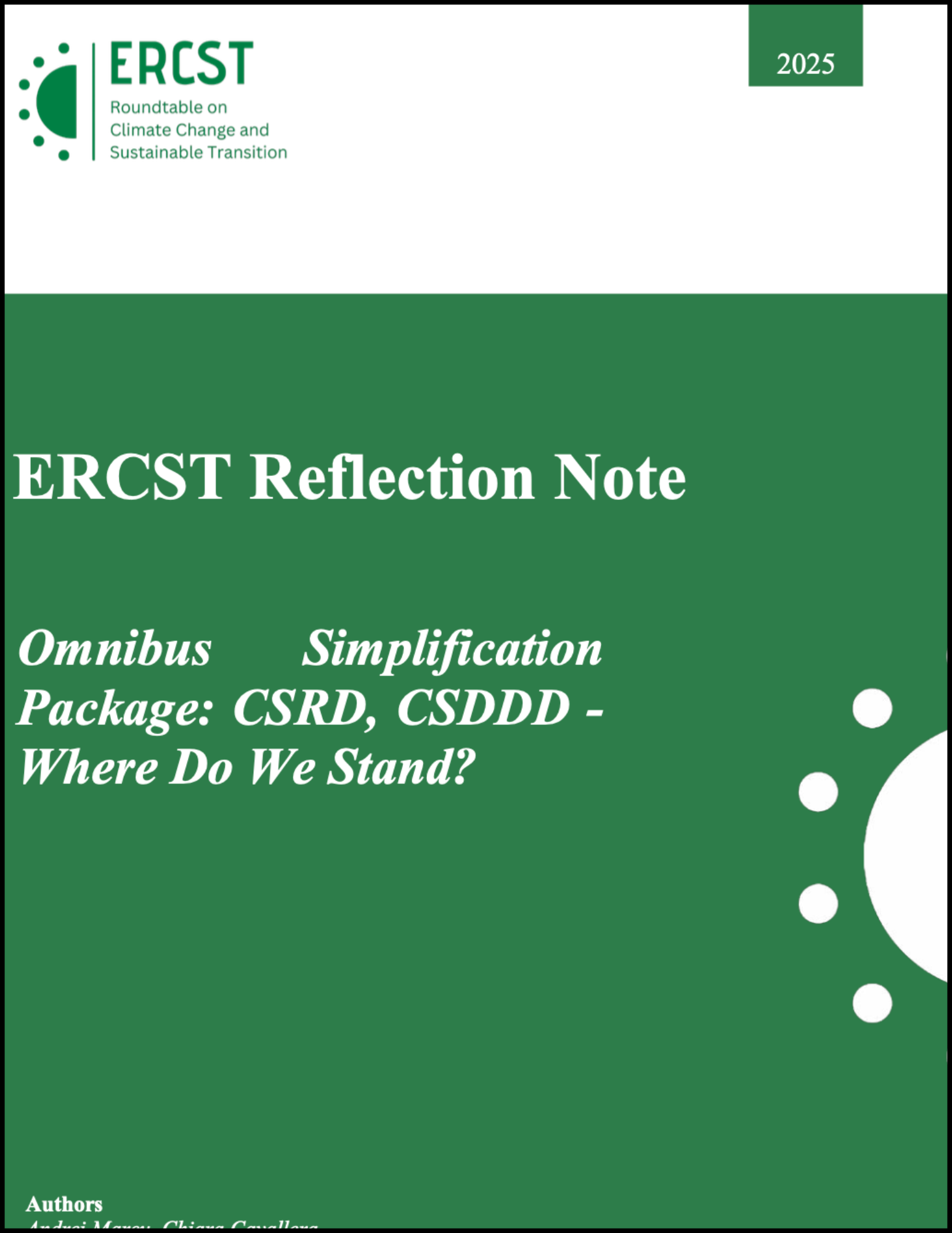Renewable hydrogen: what way forward?
This was a public hybrid event under Chatham House rules In the last consultation organised by ERCST, stakeholders identified a number of barriers to the uptake of renewable hydrogen. On the cost competitiveness side, renewable hydrogen in the EU still faces challenges in competing with hydrogen produced from fossil fuels, as well as with competing […]

